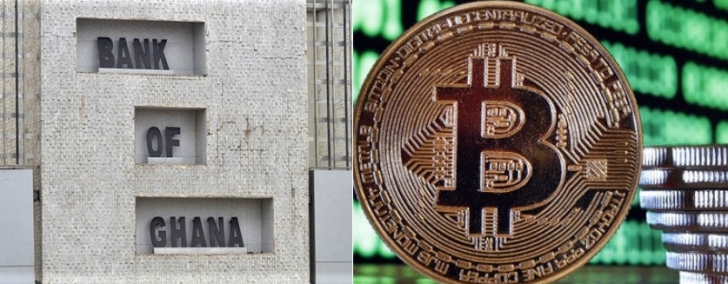The Bank of Ghana (BoG) has registered more than 100 virtual asset service providers (VASPs) under a new policy framework designed to regulate the country’s expanding cryptocurrency market.
The move is part of Ghana’s Policy Position on Virtual Assets and Service Providers, released by the central bank in November 2025. It marks Ghana’s first national framework for the oversight of virtual assets such as cryptocurrencies, tokens, and blockchain-based services.
According to the Bank, a registration exercise conducted in July 2025 identified over 100 companies offering services such as crypto exchange, wallet management, brokerage, and investment advisory to more than three million users nationwide.
To strengthen supervision, the BoG will establish a Virtual Assets Regulatory Office (VARO) to coordinate with agencies including the Securities and Exchange Commission (SEC), the Financial Intelligence Centre (FIC), the Ghana Revenue Authority (GRA), and the National Communications Authority (NCA).
Read Also: Inflation down to 8% as food prices ease — GSS
“The Bank recognises that virtual assets can no longer remain outside Ghana’s financial regulatory remit,” the policy document stated.
The framework shifts Ghana’s stance from caution to regulation. Previously, in 2018 and 2022, the BoG warned that cryptocurrencies were not legal tender and directed financial institutions to avoid processing crypto-related transactions.
Under the new regime, Ghana’s regulatory approach will be risk-based and activity-specific, meaning that high-risk activities such as crypto trading and custody will undergo stricter licensing, while low-risk services will go through simplified procedures.
Although virtual assets will not be recognised as legal tender, the Bank says the new policy aims to balance innovation, consumer protection, and financial stability, while mitigating risks such as money laundering, fraud, and terrorism financing.
The policy also introduces the National Virtual Assets Literacy Initiative (NaVALI), which will promote financial education and responsible crypto usage among young Ghanaians — the country’s largest group of digital asset users.
Ghana’s move aligns with international standards set by the Financial Action Task Force (FATF), the International Monetary Fund (IMF), and the Bank for International Settlements (BIS), placing it among Africa’s emerging leaders in regulated digital finance.

























